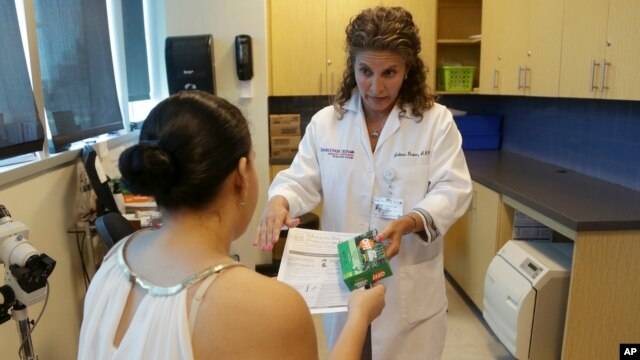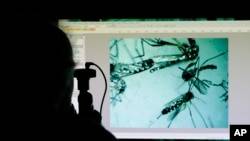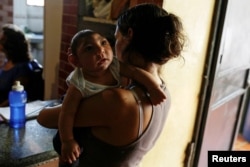"Spain has recorded the first case in Europe of a baby born with the microcephaly birth defect associated with the Zika virus, Spanish health authorities said on Monday."
More: Spain registers first case in Europe of baby born with Zika-related defect | Reuters

They live in Texas

More: Spain registers first case in Europe of baby born with Zika-related defect | Reuters
They live in Texas









